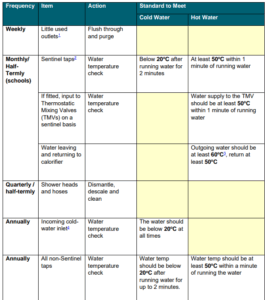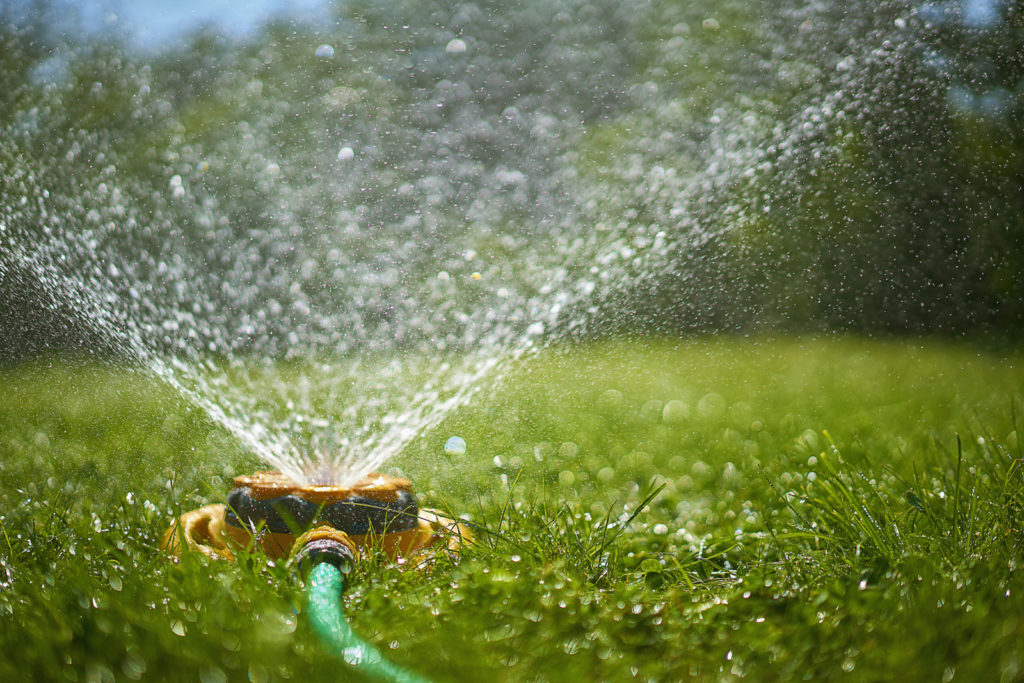With the arrival of sunny weather, many of us will start using hosepipes and outdoor taps that may have been inactive for some time. Before using these outlets, it is essential to flush them for at least 2 minutes to remove stagnant water, which may be contaminated with Legionella bacteria. Cold water should flow at a temperature below 20°C, as Legionella bacteria naturally thrive in environments between 20°C and 45°C. If contaminated water becomes aerosolised into fine droplets, it can be inhaled and may cause Legionnaires’ disease, a potentially fatal pneumonia.
Fortunately, preventing Legionella contamination is simple:
- Flush cold water systems before use.
- In hot water systems, Legionella bacteria can be sterilised by heating the water to above 60°C.
Key Responsibilities
- Premises Managers – Must be familiar with risk assessments, ensure compliance, review assessments annually, maintain records for at least six years, and ensure Legionella training is completed.
- Employees – Must report Legionella-related concerns to a responsible person.
- Property Client – Oversees Legionella risk assessments and remedial work for non-school premises.
- Somerset Council Housing Service – Manages Legionella risks within its asset portfolio and ensures residents are informed about water hygiene.
Guidance
Somerset Council has developed Legionella Guidance, designed to assist duty holders, particularly those managing premises, in fulfilling their legal obligations regarding Legionella prevention. The document emphasises workplace safety and compliance with the Approved Code of Practice L8 (HSE Managing Legionella) for Legionnaires’ disease.
- Flush little-used outlets weekly, especially if usage is irregular or has been inactive for a week or more.
- Check sentinel taps monthly:
- For hot water systems, these include the first and last taps on a re-circulating system.
- For cold water systems (or non-recirculating hot water systems), they include the nearest and furthest taps from the storage tank.
- Additional taps may be designated as sentinels if they pose a particular risk.
- Measure the incoming cold-water temperature annually, the most convenient location for this is at the ball valve outlet of the cold-water storage tank.

Somerset Council provides a legionella risk management module on the Premises Management Training course, which is run by the Health and Safety Service. To book onto a Premises Management Training course, please contact the Health and Safety Service admin team on: 01823 355089 or email chsu@somerset.gov.uk
Learn More:
HSE Managing Legionella
Legionella Guidance

